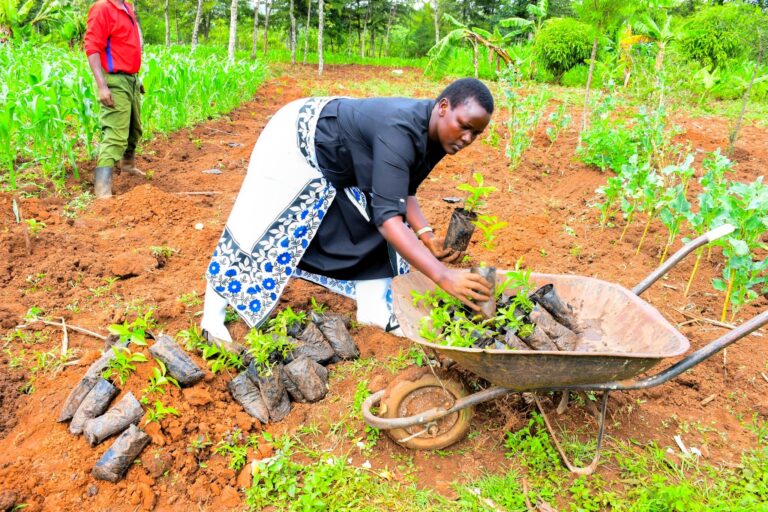Nandi County has introduced comprehensive reforms in the coffee sector to address farmer exploitation, streamline the value chain, and position local coffee more competitively in global markets.
The new directives, numbering nine in total, cover marketing, licensing, cooperative governance, and compliance with international trade standards. One of the most significant measures is the outlawing of all cherry trading outside licensed cooperatives and estates. This move aims to end cherry hawking, a practice that has been draining farmer incomes. Enforcement will be carried out by County Coffee Inspectors in collaboration with the National Police Service and Agriculture and Food Authority (AFA).
To improve seed quality, the county has begun enforcing the Nandi Coffee Nursery Management and Licensing Guidelines (2025). These rules require farmers to obtain planting materials exclusively from licensed nurseries and cooperatives. This reform seeks to eliminate fake seedlings, which have contributed to low yields and poor-quality produce.
Additional initiatives include the operationalization of the Nandi Coffee Mill in Tinderet, the establishment of SACCOs in all 30 wards to improve access to affordable credit, and the development of a Geographical Indication (GI) Roadmap. The GI will brand and protect Nandi coffee as a premium product, allowing farmers to access international markets with higher returns.
The county is also aligning with the upcoming EU Deforestation Regulations (EUDR) to ensure compliance with global environmental standards. A list of licensed and compliant sector players will be regularly published to enhance transparency and accountability within the value chain.
Local farmers have welcomed the reforms as a lifeline for a sector long plagued by exploitation. They say cherry hawking has denied them fair income for years, while fake seedlings have reduced productivity. With certified nurseries, stronger cooperatives, and premium branding, they now expect improved yields, fairer earnings, and international recognition for their produce.
These reforms are expected to set a new benchmark in coffee sector management in Kenya. By safeguarding farmer incomes, curbing exploitation, strengthening cooperatives, and embracing global trade requirements, Nandi County aims to restore confidence in the coffee industry and unlock new opportunities for smallholder growers.

